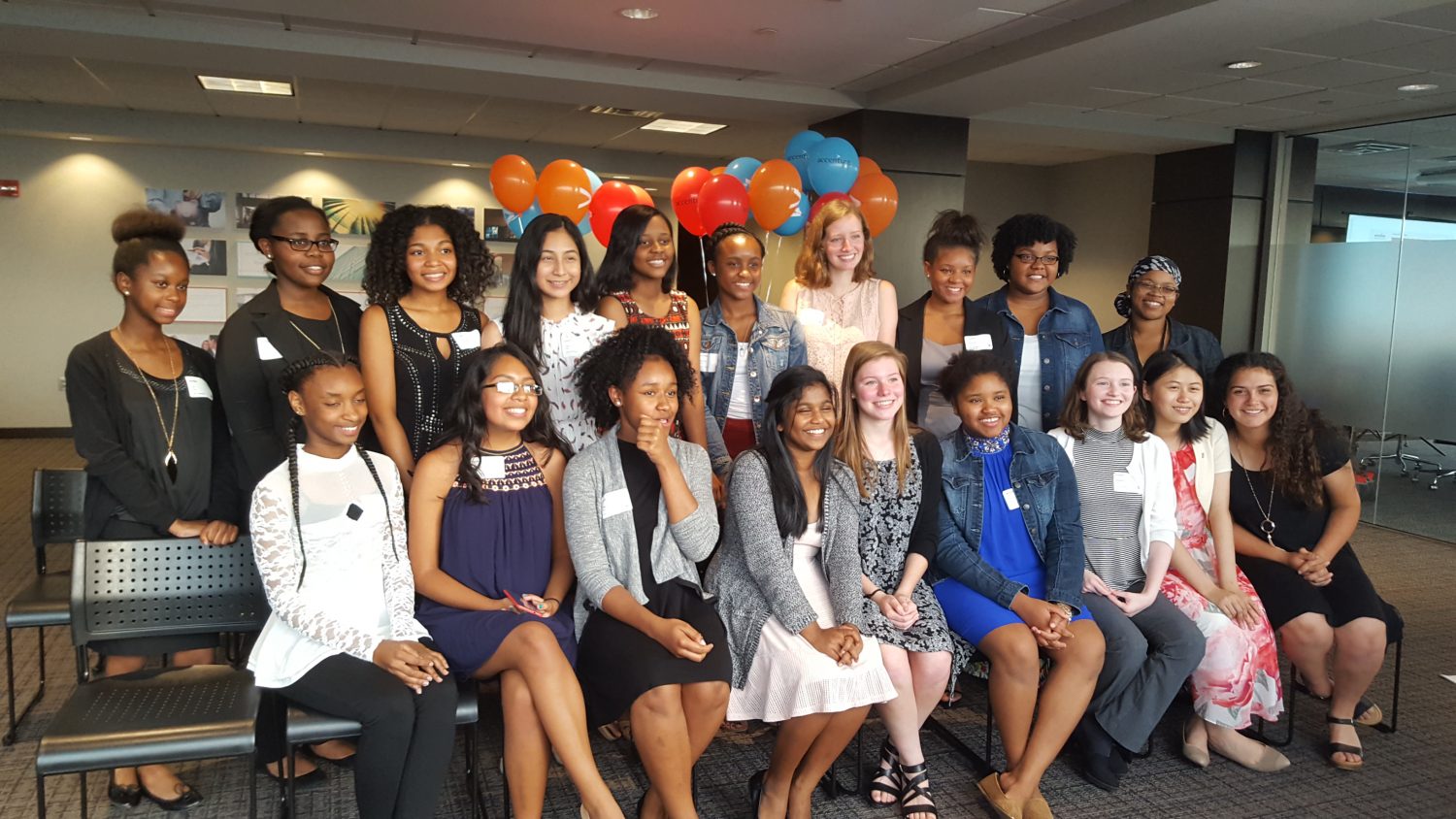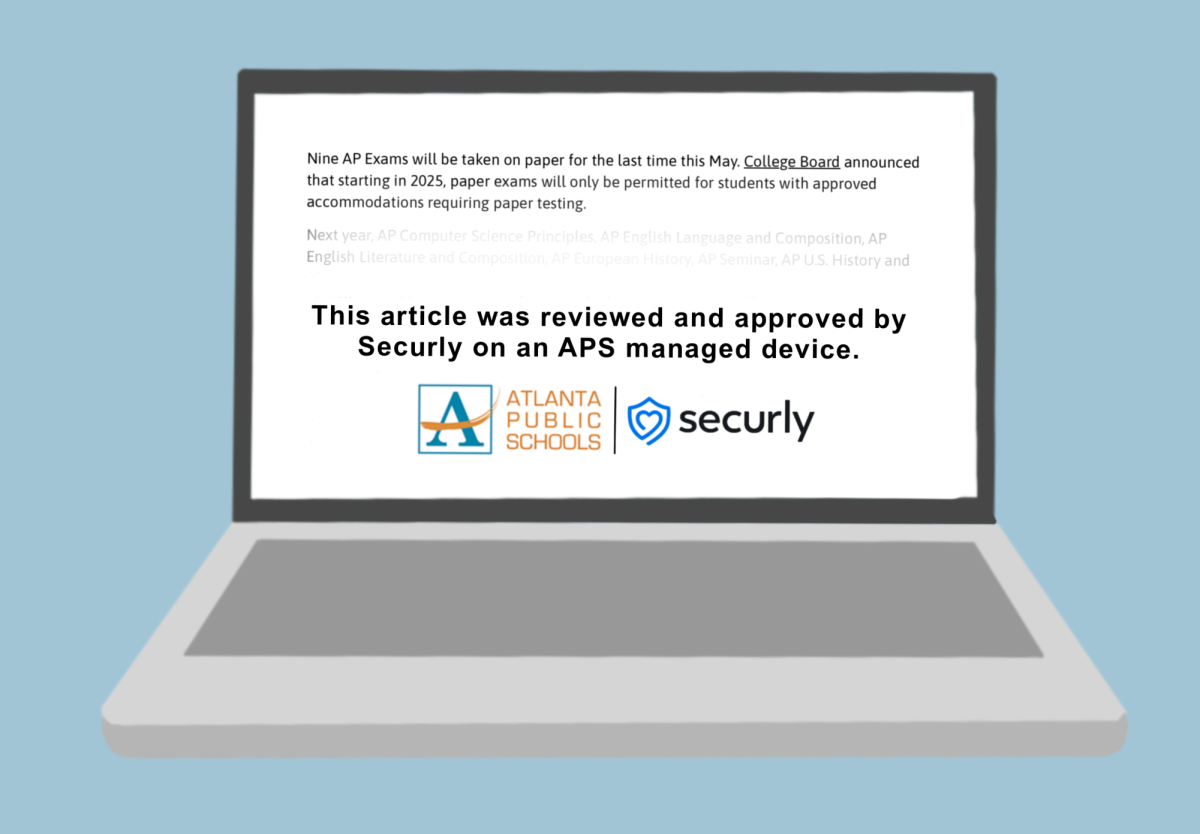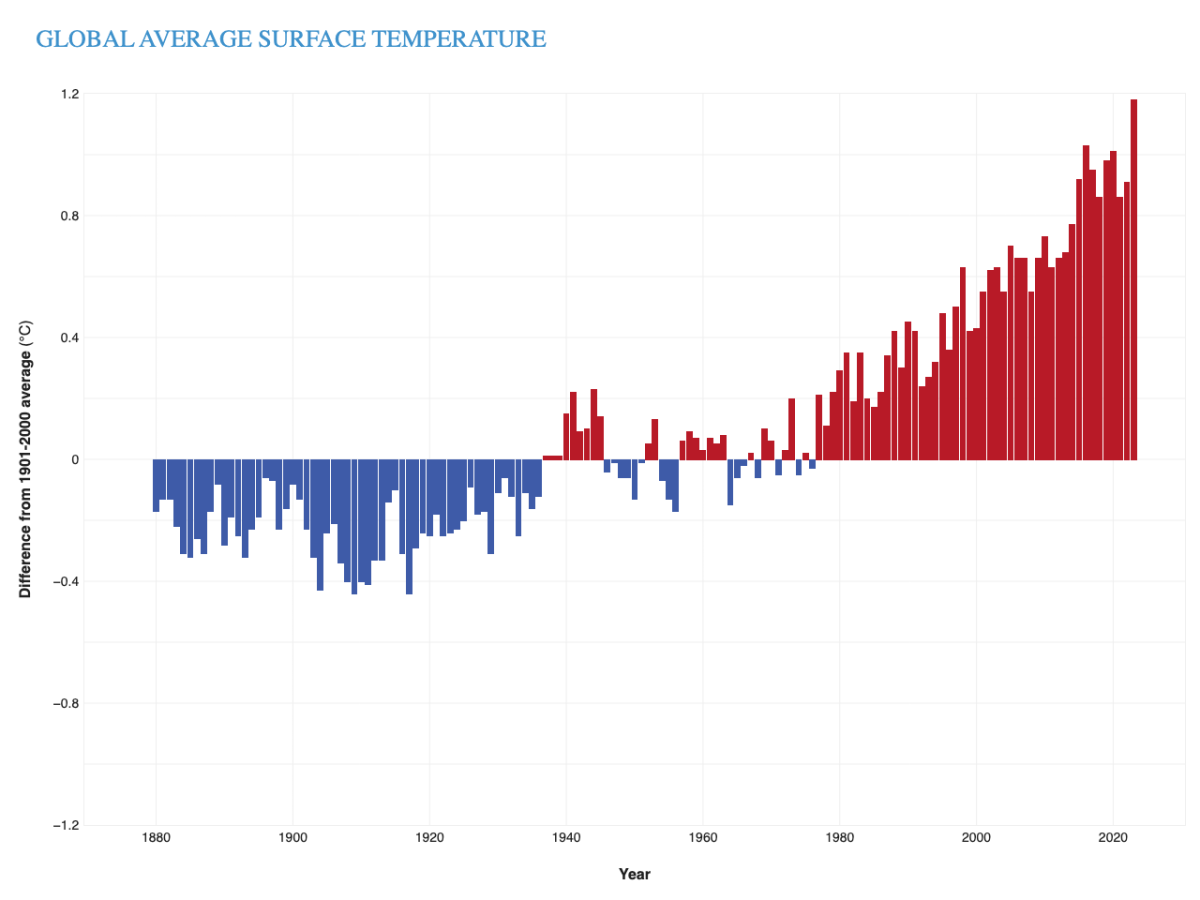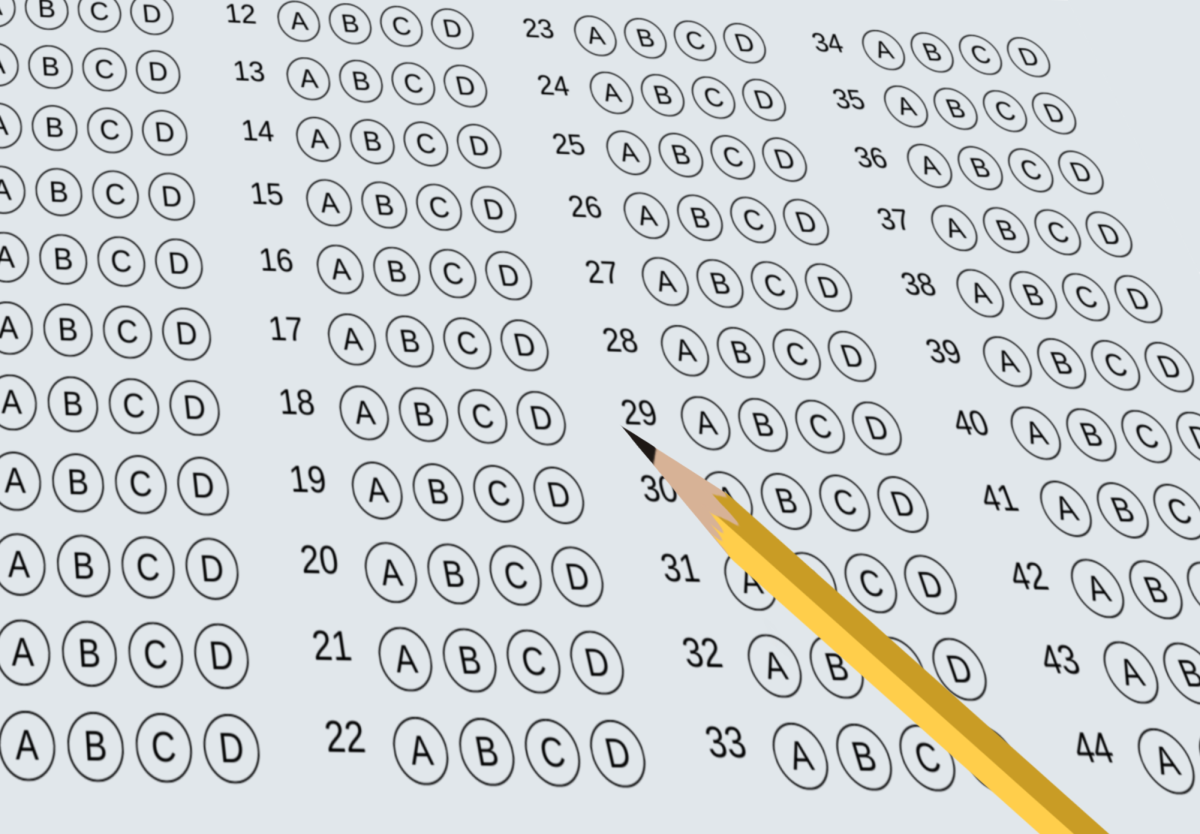
For as long as I can remember, I have always thought of technology as a “Boy’s Club;” a club that, incidentally, I never saw myself fitting into. The first image that sprung into my mind when I envisioned a coder was some headphone-wearing, slouched over teenage boy playing a violent game of guns and gore in the dark.
That is how technology was packaged and sold to me: as a boy’s toy. It is no wonder that up until a few months ago, besides knowing how to use my phone and computer, I was in “technological denial.” I did not want to use it, I did not want to learn it, and I did not want to understand it.
That all changed when I was brought into the world of Girls Who Code (GWC). The nonprofit organization, founded by Reshma Saujani in 2010 in New York with only 20 participating girls, was created with one main goal: to train girls in the field they had been overlooked, and thereby close the gender gap that has existed for centuries.
Today, six years later, taking place in 42 states with over 10,000 girls, the seven-week Summer Immersion Programs for rising 11th and 12th graders, along with year-round coding clubs, are inspiring girls everywhere, whether they have a background in computer science (CS) or not.
Hardly knowing what computer science was, I embraced my acceptance into the program because I will stand with anything that involves eliminating the discrepancies that exist between men and women.
Women make up half of the world’s population. They make up 56 percent of all jobs in the United States, according to GWC. They own more bachelor and graduate degrees than men do. Yet the world of technology is still a man’s world.
By 2020, there are expected to be 1.4 million jobs available in computing. In the U.S., graduates are on track to fill 29 percent of those jobs. Women are expected to fill only 3 percent. Women find themselves denied entrance to a field they have not even been given an opportunity to excel in. That is why I wanted to join the movement.
I went into the program extremely nervous. To an extent, I was paralyzed with the fear that I would end up regretting my decision to give up my summer to sit in a classroom with 19 other girls, learning about something I had never before found interesting.
However, as nervous as I was, I was equally as excited. The more logical side of my brain was telling me the importance of what I was about to do. At 16 years old, knowing that I would be spending my summer closing the gender gap that affects half of the population was encouragement enough.
As a bonus, I also knew that if I ended up liking coding, it could be something I could spend my future pursuing. I had heard that 90 percent of all GWC alumni either major or minor in computer science. I was hoping it would have that type of impact on me.
Girls Who Code did everything it promised me it would do. Throughout the 7-week program, I, along with my peers, joined a growing group of women who have received the type of education every young adult needs. We did not spend our summer only making video games and websites, but learning about how we, as girls, can be the ones to break down the gender barriers.
Perfection was not our goal. Instead, we learned how to build up confidence and how to form life-long support systems through the technology and friendships we created. We all built foundations for our professional careers and for our personal values as well.
As soon as I stepped foot into the room with other girls my age, all eager to learn something new, my perceptions were immediately adjusted. Now, when I think about technology, I think of all the girls and boys who put forth passion and time to continually enhance our future in ways that, 15 years ago, we did not think would be possible. What’s more, I think of myself as a Girl Who Codes. That once impenetrable club now has a new member.
To find out more about Girls Who Code, visit www.girlswhocode.com














